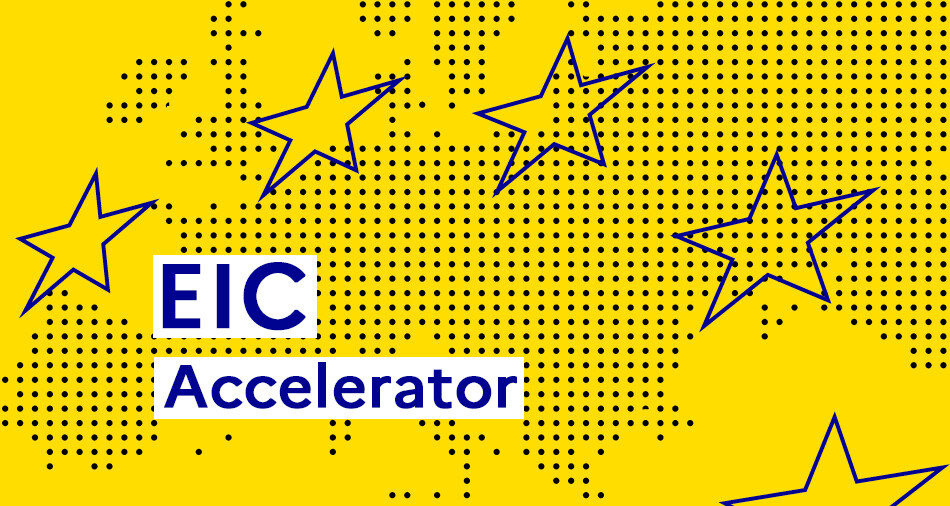ExpectedOutcome:
Projects are expected to contribute to some or all of the following expected outcomes:
- Improved capabilities of border management and law enforcement practitioners to identify citizens and the use of identity and travel documents and credentials in the context of border and police checks, for a better, more reliable and more secure experience for citizens and security practitioners, including in connection to optimised e-Government settings;
- Improved capabilities of border management and law enforcement practitioners to defend identity and document/credential management against attacks to their security and attempts to falsify biometrics, identity thefts and online frauds;
- Improved knowledge for European approaches to future identity management systems and document and credential security, building on and integrating with existing tools and respecting the privacy of European citizens.
Scope:
Research will build capabilities to prevent, detect and respond to challenges to the security and reliability of identity management and identity and travel documents, in the context of border and police checks. Research should also address solutions for integrated secure identity creation, protection and management in the context of future increasingly “digitalised” borders; and contribute to improve the performance and the comfort of the border and police checks experience for both security authorities’ operators and the users.
New challenges for secure identity management and secure identity and travel documents could emerge in the coming years and decades. Solutions will hence have to enable new capabilities while at the same time ensuring both privacy and security of identity and identity documents. Future electronic identification systems will have to safeguard key parameters of identity management, such as security, efficiency, user friendliness, trust, privacy and protection of data. Electronic identifications (eIDs) can be carried on mobile devices, to respond to security requirements, ease of use and range of applications. In addition, it is necessary to ensure the reliability and link among the information contained on identity supports and their owner, to avoid the possibility of having authentic documents with false information. Research can focus on security and privacy enhancing features in new eID ecosystems and/or on innovative identity lifecycle processes.
Areas of research could include exploring solutions against morphing attacks to the security of identity and travel documents, including robust algorithms to detect morphing, as well as against other possible future attempts and techniques to falsify biometrics; methods to validate and verify identity at borders or police checks; or advanced and privacy-enhanced technologies for the security of identity, breeder and travel documents. Research should explore novel solutions for document verification and fraud detection, including Manipulation Attack Detection (MAD) and Presentation Attack Detection (PAD) at border checks.
The proposed solutions should act not only at technological level, but should also propose new approaches to the traditional central authority architecture. The solutions should take into account the management of sensitive information and include an assessment of legal and ethical issues.
Solutions have the potential to contribute to future evolutions of European identity strategies based on eIDAS (Electronic Identification, Authentication and Trust Services), and could explore synergies with tools offered by the eIDAS Regulation.
Research proposals should consider, build on if appropriate and not duplicate previous research, including but not limiting to research by other Framework Programmes projects such as those on capabilities for document security, as well as EU studies on potential applications of technologies to the improvement of border management capabilities.
Specific Topic Conditions:
Activities are expected to achieve TRL 7-8 by the end of the project – see General Annex B.
Cross-cutting Priorities:
Digital AgendaArtificial Intelligence





